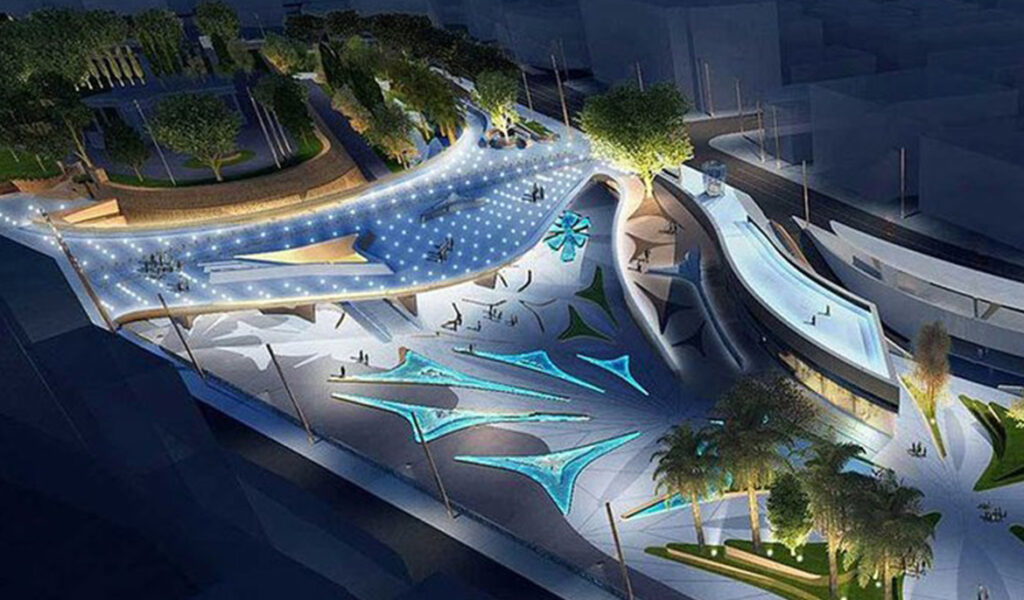The Municipality of Nicosia’s effort for sustainable urban development is anticipated to be strengthened and enriched through its participation in the Cities After Dark project which concerns the implementation of innovative urban policies that improve the quality of life for residents and visitors during the night.
The project is part of URBACT, a European cooperation programme that aims to promote sustainable urban development.
A meeting between the local project team consisting of a number of agencies was held recently with the aim of discussing the actions that will help increase traffic in the city and the development of actions to improve the services offered in the evening hours (from 6pm to 6am).
From 2 to 4 October 2024, Nicosia will host the European project partners, bringing together experts and representatives of local authorities from different cities to discuss innovative strategies related to urban nightlife, a relevant announcement notes.
Under the theme “Night economy for sustainable development”, this project, led by Braga (Portugal), includes ten European cities, including Paris (France), Tallinn (Estonia), Varna (Bulgaria), Genoa (Italy), Malaga (Spain), Nicosia (Cyprus), Piraeus (Greece), Zadar (Croatia) and Budva (Montenegro).
As noted by URBACT, “Life in cities continues even after dark. The ‘Night Economy’ is made up of activities that are essential for a city to function 24 hours a day and play a significant role in the global economy. It covers diverse sectors such as mobility, entertainment, hospitality, emergency services, security, logistics, services, etc.
Nightlife is an important factor for tourism in many cities, which faces various challenges such as safety, regulation and environmental impacts (noise and light pollution). It is up to the authorities to balance the development of the night-time economy with the quality of life of residents.
The night-time economy is dynamic and has a significant impact on urban life. It offers economic, cultural and social opportunities, but also requires careful management to deal with its specific challenges.
The night economy is dynamic and has a significant impact on urban life. It offers economic, cultural and social opportunities, but also requires careful management to address the specific challenges”
During the meetings, participants will be invited to share their experiences and present the impact of the programme in their cities and regions.
About URBACT
URBACT is a European cooperation programme that aims to promote sustainable urban development. Funded by the European Union, the programme focuses on the exchange of knowledge and experience between cities to address common urban challenges.
It promotes the creation of networks of European cities working together to share best practices, experiences and knowledge on urban issues such as urban planning, economic development, social inclusion or sustainability.
The programme helps cities develop their capacities and capabilities in urban management by providing tools and resources to improve their policies and practices.
URBACT promotes urban innovation by encouraging cities to experiment with innovative solutions to urban challenges and implement pilot projects.
URBACT plays an important role in strengthening cooperation between European cities, enabling them to tackle urban challenges more effectively and share knowledge to create more sustainable and inclusive cities.
(Source: InBusinessNews, URBACT)



